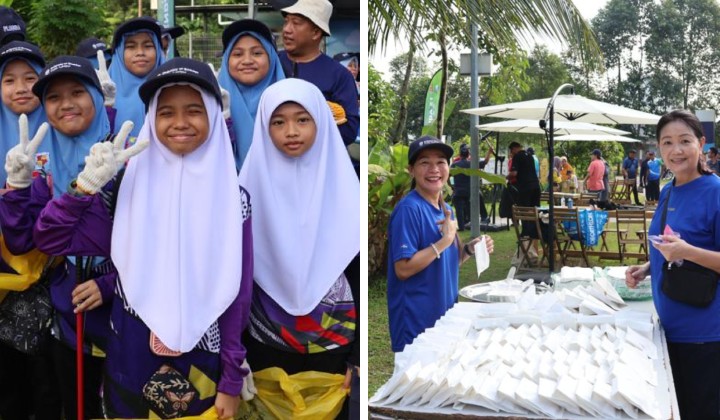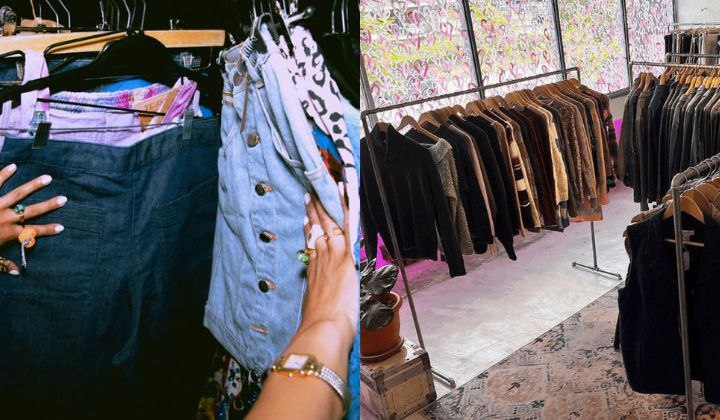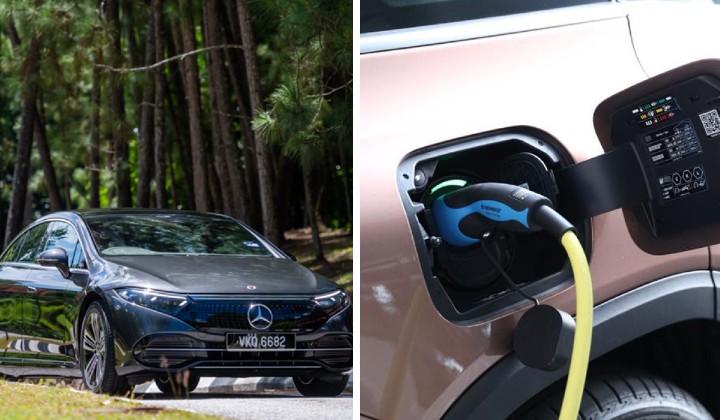Malaysia’s Plastic Problem Everyone Forgot – What You Can Do About It
Aside from importing plastic waste, Malaysia is also a global leader in plastic manufacturing valued at RM30 billion.
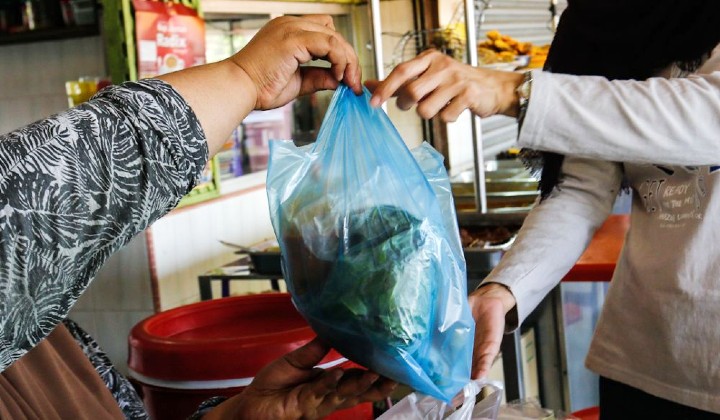
Subscribe to our Telegram channel for the latest stories and updates.
If you’ve gone grocery shopping in recent times, you may have noticed a significant reduction in the use of disposable plastic bags at the checkout counters. However, that is not always the case.
Single-use plastic bags continue to be in use around the nation from big brand supermarkets to the small convenience stores in our neighborhoods. As these plastic bags are endlessly handed out to customers, the sight of clogged-up drains and landfills brimming with these pollutants remains a grim reminder of Malaysia’s plastic addiction.
In fact, Malaysia has a huge plastic waste problem.
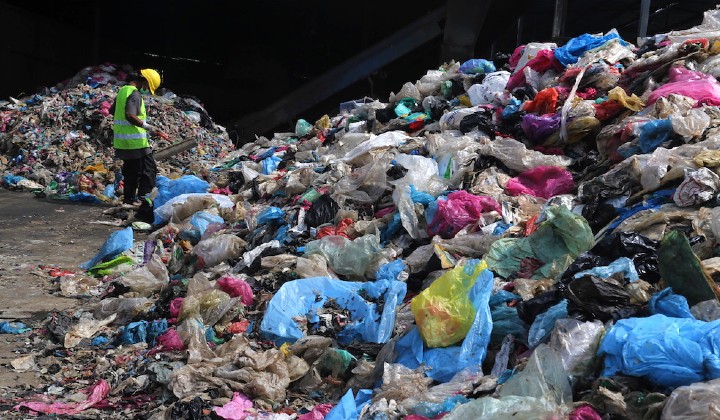
Here’s a not-so-fun fact: In Asia, the percentage of plastic in solid wastes generated in Malaysia is second only to the Philippines.
A 2019 study commissioned by the World Wide Fund for Nature (WWF) showed that Malaysia ranks second in Asia for annual per capita plastic use. At 16.78kg per person, Malaysia outranks much larger nations including China, Indonesia, the Philippines, Thailand, and Vietnam in overall generated waste.
With over 1,300 plastic manufacturers, Malaysia is also one of the largest plastic production industries globally, exporting resins valued at RM30 billion in 2016 to plastic producers around the world. Noticeably, packaging takes up the biggest market share of plastic at 40% in 2008 and steadily increased over a decade to an eye-watering 48% in 2018.
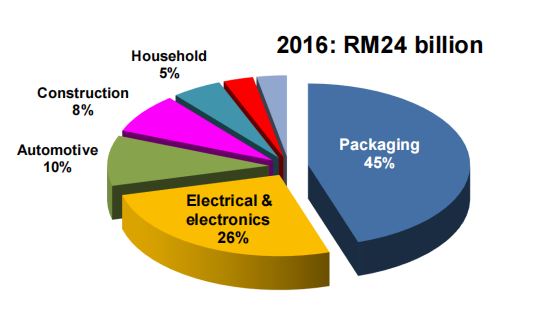
(Credit: Academy of Sciences Malaysia)
The United Nations Environment Programme (UNEP) states that single-use plastics designed for immediate disposal after use – including grocery bags, containers, and bottles – are often discarded within the same year of production.
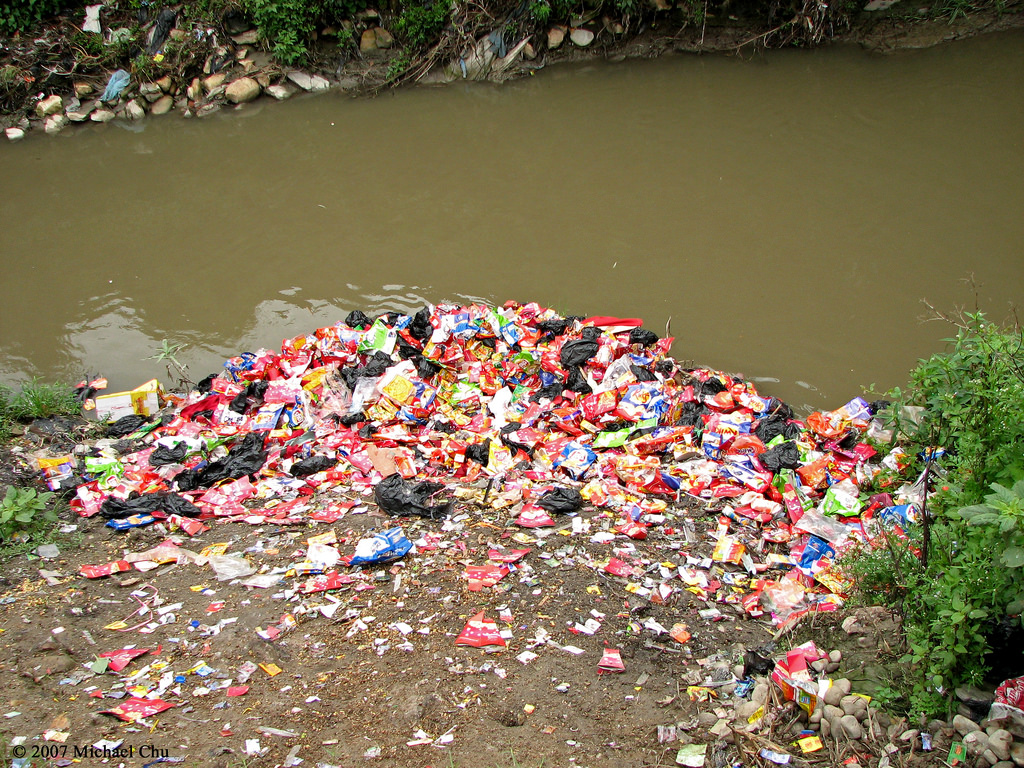
Plastic wastes, which contain flame retardants, bisphenol A (BPA), phthalates, and heavy metals such as lead and cadmium, can leach from landfills and accumulate in the soil and pollute local waterways, eventually leaching into the ocean. Consequently, the ingestion of marine organisms by humans may cause cardiovascular diseases, reproductive abnormalities, and obesity.
It is estimated that there will be 12,000 million metric tonnes of plastic waste on Earth by 2050 if current trends in plastic consumption persist.
What about recycling?
Although the total recycling rate in Malaysia has been increasing yearly, the rate is still quite low compared to other developed countries at 28%. This issue is worsened by Malaysia’s limited recycling process and capabilities.
Malaysia is capable of recycling 3 out of 7 categories of plastic, but the local recycling industry only concentrates its resources on plastic that is easily retrievable and holds high value such as PET mineral water bottles.
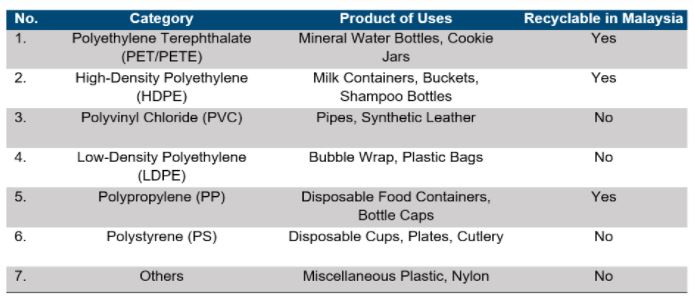
(Credit: Khazanah Research Institute)
Low-quality plastic used to manufacture food packaging is rarely recycled which is why local landfills are filled with these cheap quality plastic wrappers and packaging.
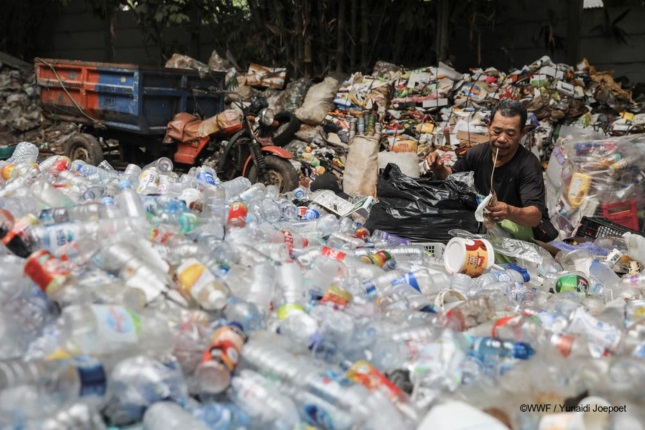
(Credit: Yunaidi Joepoet/WWF)
In fact, Malaysia recycled just 24% of key plastic resins in 2019 and is not on track to meet the National Solid Waste Management Department (JPSPN) recycling target of 40% by 2025.
With these restrictions, KRI emphasises the need for Malaysia to actively reduce the consumption of plastic.
It’s time to move away from single-use plastics
Acutely aware of Malaysia’s choking plastic issue, the Energy, Science, Technology, Environment & Climate Change Ministry (MESTECC) implemented Malaysia’s Roadmap towards Zero Single-Use Plastics 2018–2030 back in 2018 with the vision to take a phased, evidence-based, and holistic approach by involving all stakeholders in jointly addressing single-use plastics pollution in Malaysia.
While you may be overwhelmed by the sheer gravity of the plastic problem, there are several ways the average Malaysian can contribute to reducing its impact. For one, there must be a conscious effort to actively reduce the presence of single-use plastics in your everyday life.
The easiest step is by simply refusing plastic bags when out grocery shopping.
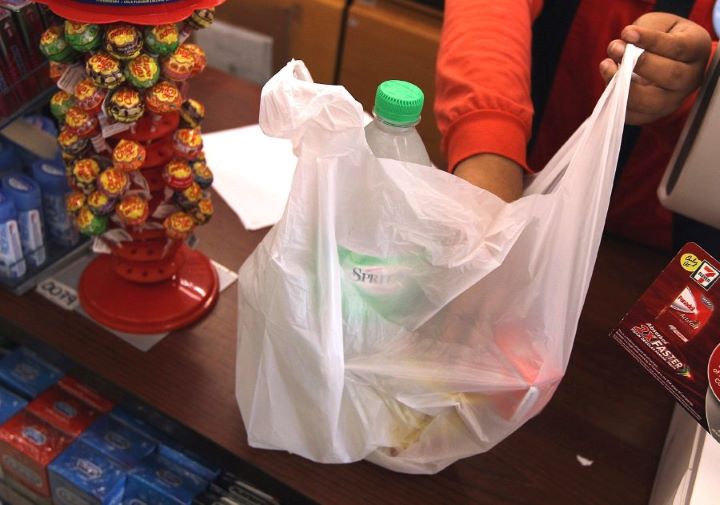
One of Malaysia’s largest hypermarket chains, Lotus’s Malaysia – formerly known as Tesco Malaysia – is fully in support of this movement and is currently on a mission to bring about change by reducing plastic use.
“As part of the Charoen Pokphand Group (C.P Group), we recognize the importance and necessity of solving the problem of plastic waste,” explains Lotus’s Malaysia President Kenneth Chuah. “Our initiative to no longer offer single-use plastic bags at our checkout counters aligns with the Group’s own sustainable business principles. Together, we are committed to promoting and conserving the quality of the environment, educating, and fostering engagement in consumer behavioral change for sustainable development.”
This is one of the initiatives that we are taking in full support of the government’s Roadmap to Zero Single-Use Plastics 2018-2030, on top of relooking at the packaging recyclability of our Own Brand products, which is still being developed.
Lotus’s Malaysia President Kenneth Chuah.
As a member of the Malaysia Sustainable Plastics Alliance, Lotus’s is deeply committed to this mission and has already successfully reduced the usage of 21 million single-use plastic bags at checkout counters in the past few years.
But now, the retailer is taking this commitment to a green new level with an ambitious goal of zero single-use plastic bags at checkout counters beginning 1 July 2021!
The laudable move begins at two stores this June:
- Lotus’s E-Gate Pulau Pinang- 15 June 2021
- Lotus’s Desa Tebrau, Johor Bahru – 17 June 2021
To encourage Malaysians to put down plastics, Lotus’s customers will earn extra Green ClubCard points when they bring their own bags or use Lotus’s reusable bags on their shopping trips.
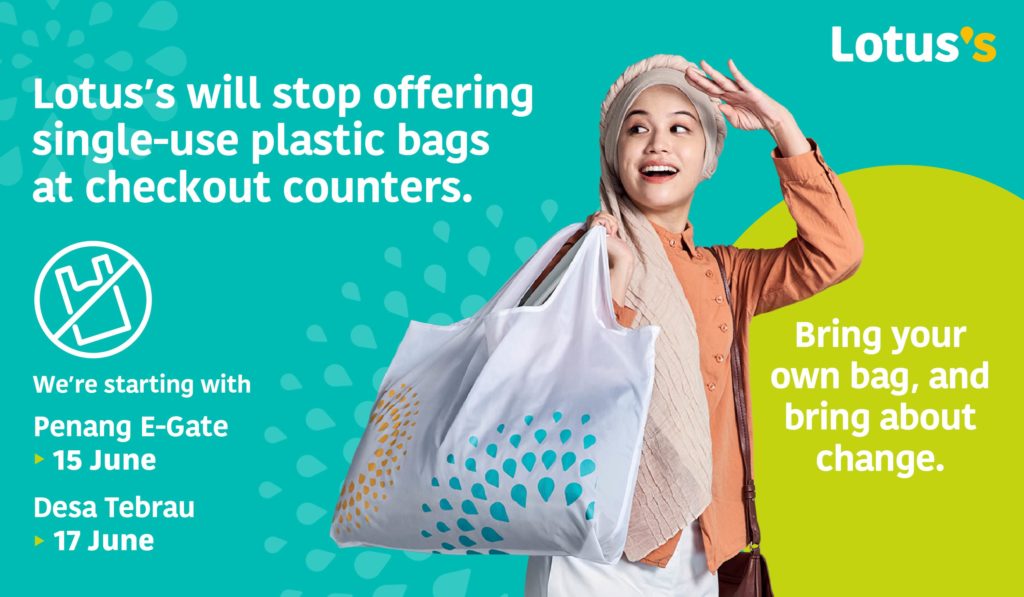
It’s a small step, but it’s a move forward especially with the grim reality of plastics poisoning our soil, waterways, and food sources.
The success of this roadmap will need all of us, all stakeholders, every Malaysian to be part of this journey towards a sustainable future.
Malaysia’s Roadmap towards Zero Single-Use Plastics 2018–2030.
Join Lotus’s in saving the environment.
Share your thoughts with us on TRP’s Facebook, Twitter, and Instagram.
She puts the pun in Punjabi. With a background in healthcare, lifestyle writing and memes, this lady's articles walk a fine line between pun-dai and pun-ishing.

